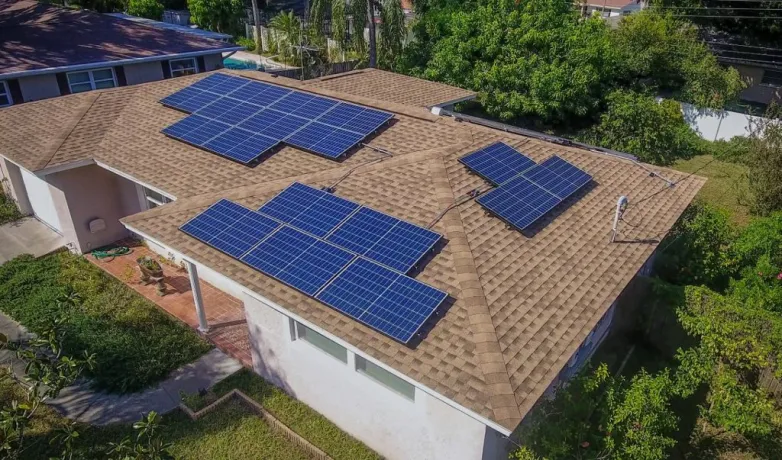Florida legislators vote to eliminate roof solar net metering
- Florida lawmakers have actually passed a costs that will remove credits for families with PV systems, amidst warnings that the legislation could undercut the state's rooftop solar market.

Gone by the Florida Senate the other day, the HB 741 bill will eliminate internet metering for homeowners as well as services that offer excess output from their solar systems to utilities. The legislation currently heads to the desk of state Governor Ron DeSantis for signature or veto.
Under the legislation, utilities "will be able to levy endless costs on solar customers by 2026", according to the Solar Energy Industries Association (SEIA).
" This expense is a problem for anyone that relies on power liberty and also the civil liberties of individuals to choose the energy that benefits them and their family members," said SEIA southeast local supervisor Will Giese.
He advised DeSantis to veto the costs and "keep Florida's place as a national power leader. This is an easy option between aiding monopolies or helping the people."
In 2008, Florida required all electric utilities in the state to develop an internet metering program for customer-owned sustainable generation systems. Under the existing net metering structure for investor-owned utilities, the credit customers obtain on their month-to-month bill equates to the value of the excess energy to the utility's retail rate.
The new legislation will see rooftop solar proprietors provided a credit at existing retail rates up until 2024, after which the rates will phase down till the credit is entirely removed from 2029.
Florida's rooftop solar market sustains greater than 8,900 jobs and another 31,000 indirect and induced jobs, according to the Florida Solar Energy Industries Association, which has actually formerly cautioned that the recommended adjustments to internet metering could put over US$ 18 billion of economic activity at risk.
Reacting to the other day's statement, Katie Chiles Ottenweller, southeast local director at non-profit Vote Solar, defined it as "business welfare", adding: "When family members and also organizations reduce their power intake by going solar, monopoly utilities see a hit to their profits. The legislature has made the choice to prioritise companies' revenue margins over the legal rights of Floridians to control their own energy use."
Development of the legislation in Florida comes after California regulators made a decision last month to forever postpone a decision on modifications to the state's internet metering laws. The proposals from the California Public Utilities Commission would certainly slash solar export credits by regarding 80% as well as add a US$ 57 each month dealt with cost for the ordinary household system that is partially offset by a US$ 15 monthly credit.
Research company Wood Mackenzie cautioned that the proposed modifications to internet metering in California can reduce the state's roof solar market in half by 2024.
Also read
- RheinEnergie Taps Cologne Rooftops for 18-MW Infineum Solar
- Terra Energy Raises $105 Million for Battery-Ready Rooftops
- Otovo Buys SSP, Builds U.S. Solar O&M Beachhead
- Poland funds eight energy clusters, thousands of rooftop solar installs
- GoodLeap closes $140m ABS, fueling residential solar financing flow

